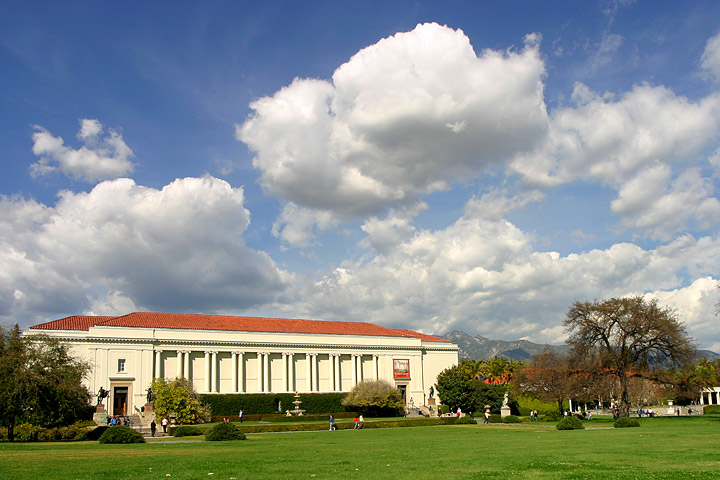Doing History: A Biographer’s Dilemma: Can We Make Arguments Out of Lives?
Today’s post accompanies “Researching Biography,” episode 212 of Ben Franklin’s World and part of the Doing History 3 series. You can find supplementary materials for the episode on the OI Reader app, available through iTunes or Google Play. Always be arguing. It’s the historian’s version of David Mamet’s line for salesmen, “Always be closing.” I know that rule, and I know another one, too: don’t oversimplify. Because historians are not, to put it mildly, Occam’s Razor kind of people. We don’t think that the simplest answer is best; the simplest answer is the one we give three points out of ten on the midterm. The more causes the better, in our book. There are historians who readily combine these two directives to create bold arguments and to make those arguments reflect the complexities of human society. I am not one of them. Working my way through an archive, I become entranced by nuances and exceptions to the rule. “What is your argument?” I sternly ask myself. “My goodness, will you look at this,” I answer, helplessly. Read More
